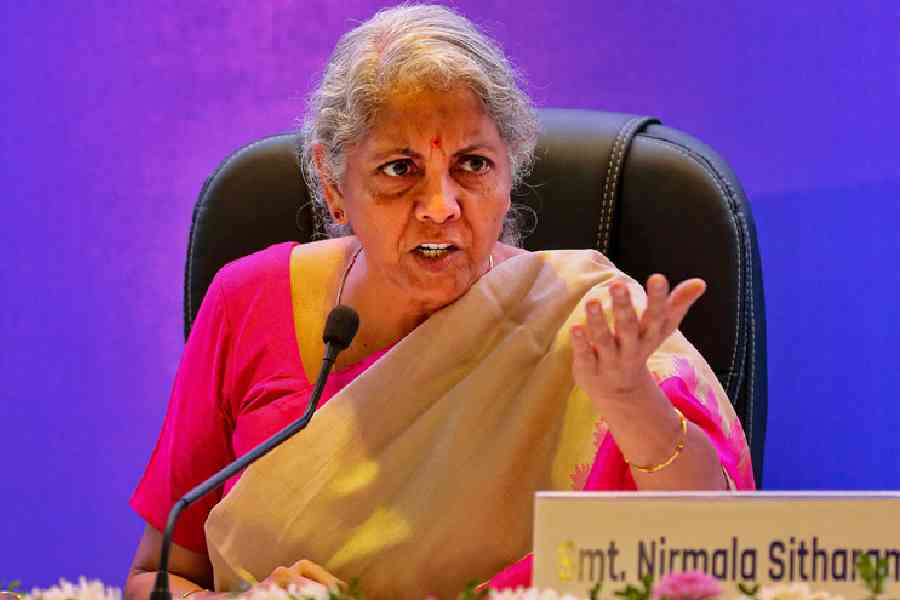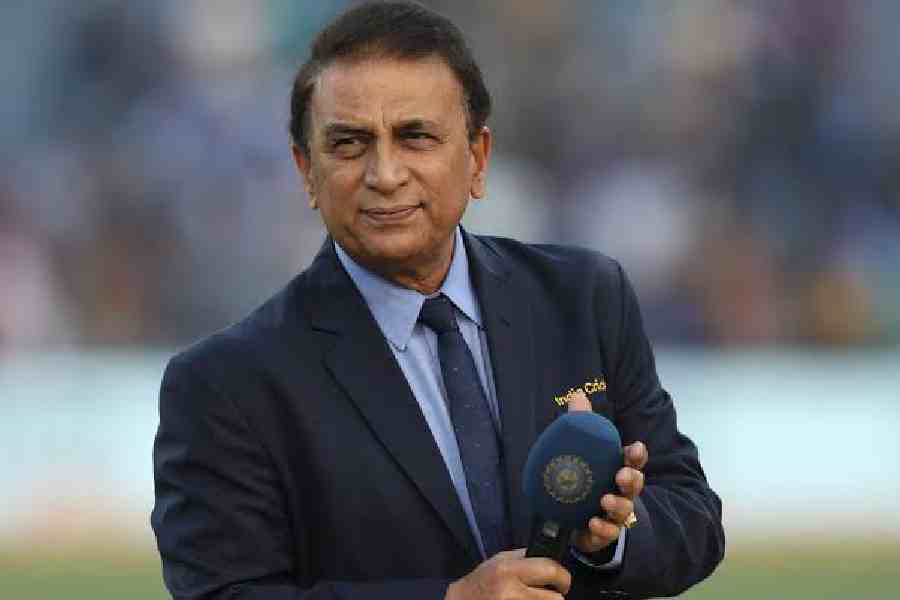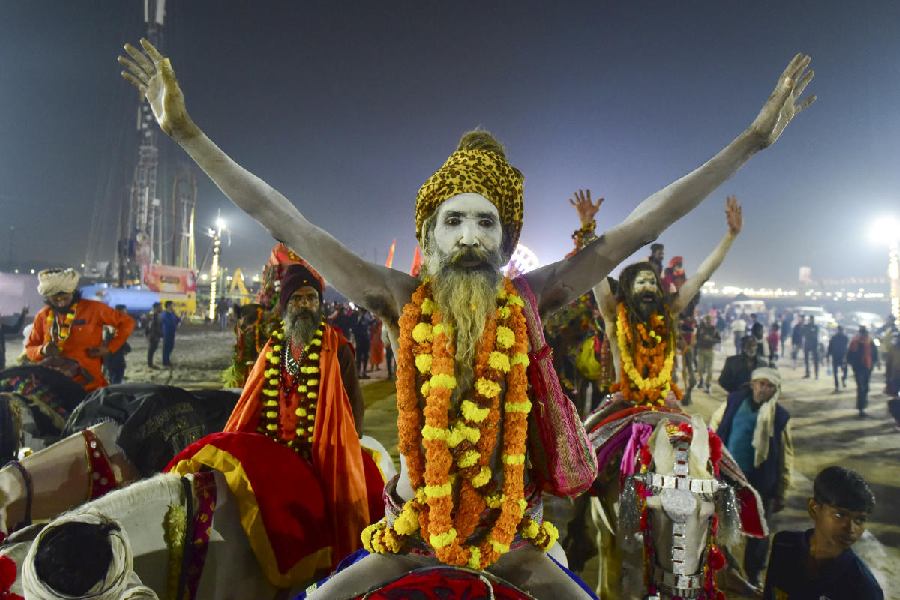Finance minister Nirmala Sitharaman courted criticism on inflation once again by arguing that the Opposition – read the Congress – had no right to talk about soaring prices given their record during the UPA tenure.
Sitharaman pointed out that inflation had constantly been high during the UPA rule. “I’m not in the competition of comparison. But constantly from 2014 till today, the Modi government has taken several measures to control inflation. Even in Karnataka, Chief Minister Basavaraj Bommai reduced the excise rate on petrol twice,” she said, adding, “On the issue of inflation, I’m with people. Yes, it has to come down, but Opposition has no right (to criticise), let them look at their tenure.”
The comment stirred controversy as she made it immediately after coming out of a voting booth in Bangalore, prompting the Opposition to complain that she was violating protocols by trying to influence the voters on voting day.
Economists said it was no possible to compare UPA and NDA tenures in inflation management as the context and geopolitical situation for the inflationary pressure in the economy were different.
Radhika Pandey, economist, National Institute of Public Finance and Policy (NIPFP), said “only after 2015, RBI is legally bound to target inflation within a range. Also the targeting is on CPI index compared to earlier years to flexibility of adopting WPI or CPI as it wished. The inflation was much within the RBI mandated range till about Covid-19, but spiked due to supply chain issues. The crude prices play a significant role and the Russia-Ukarine has flared up the prices, but are still lower than what was witnessed a decade earlier, which it had crossed over $120 per barrel.”
Economists said record high production led to a significant decline in food prices 2017-18 onwards. However, UPA had seen one of the worst droughts in history in 2009 when the Southwest Monsoon was recorded at 22 per cent below its long-period average. While UPA handled shortages, NDA had faced excesses.











